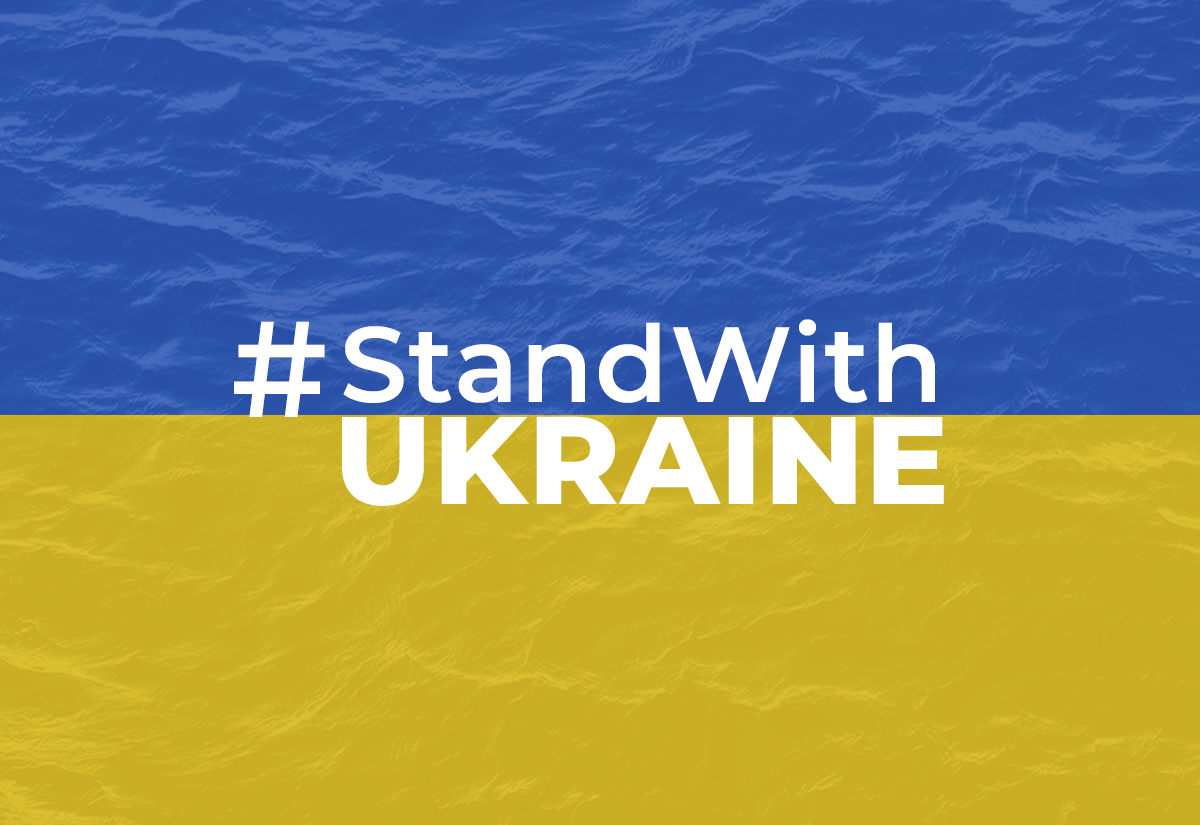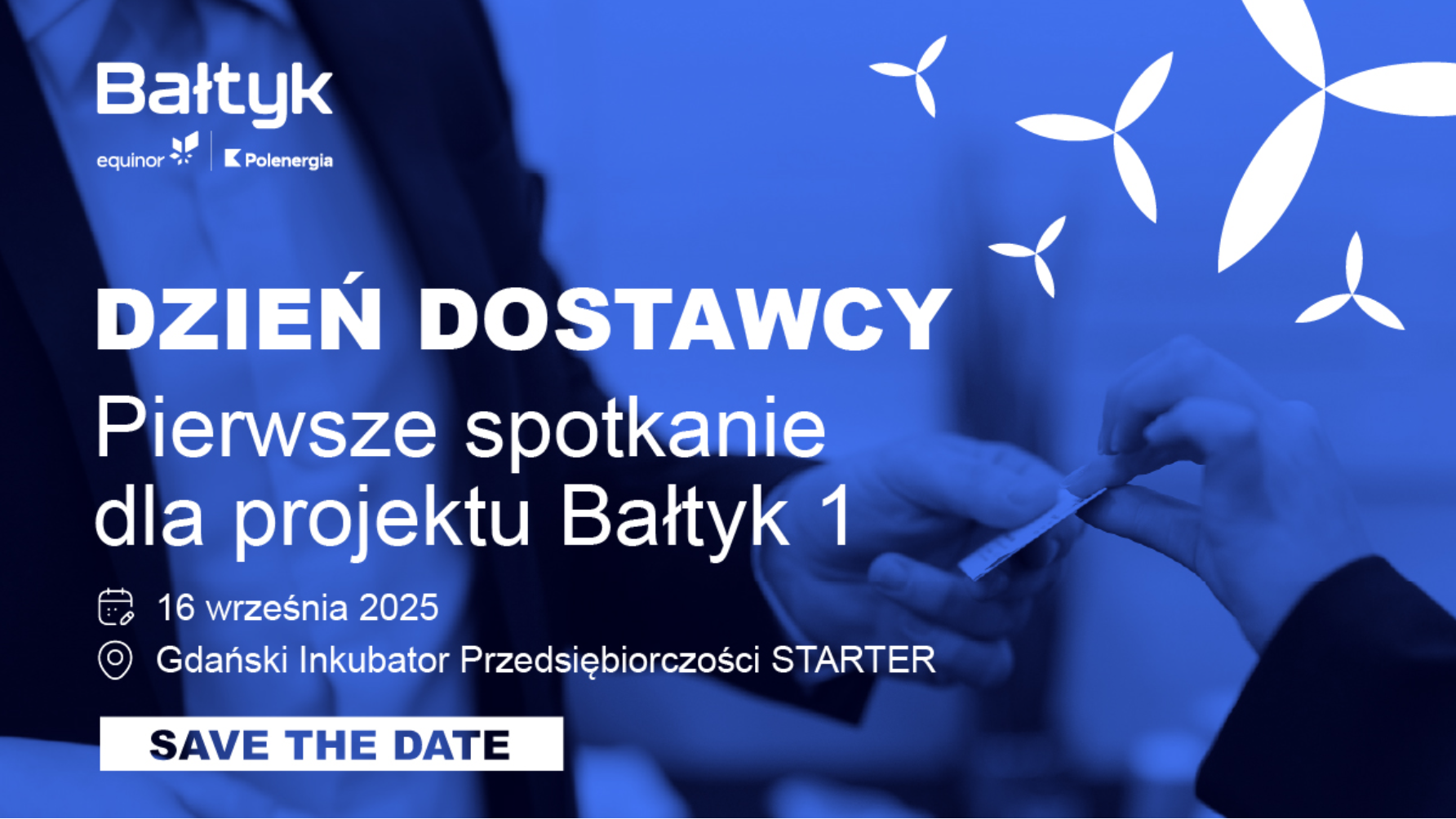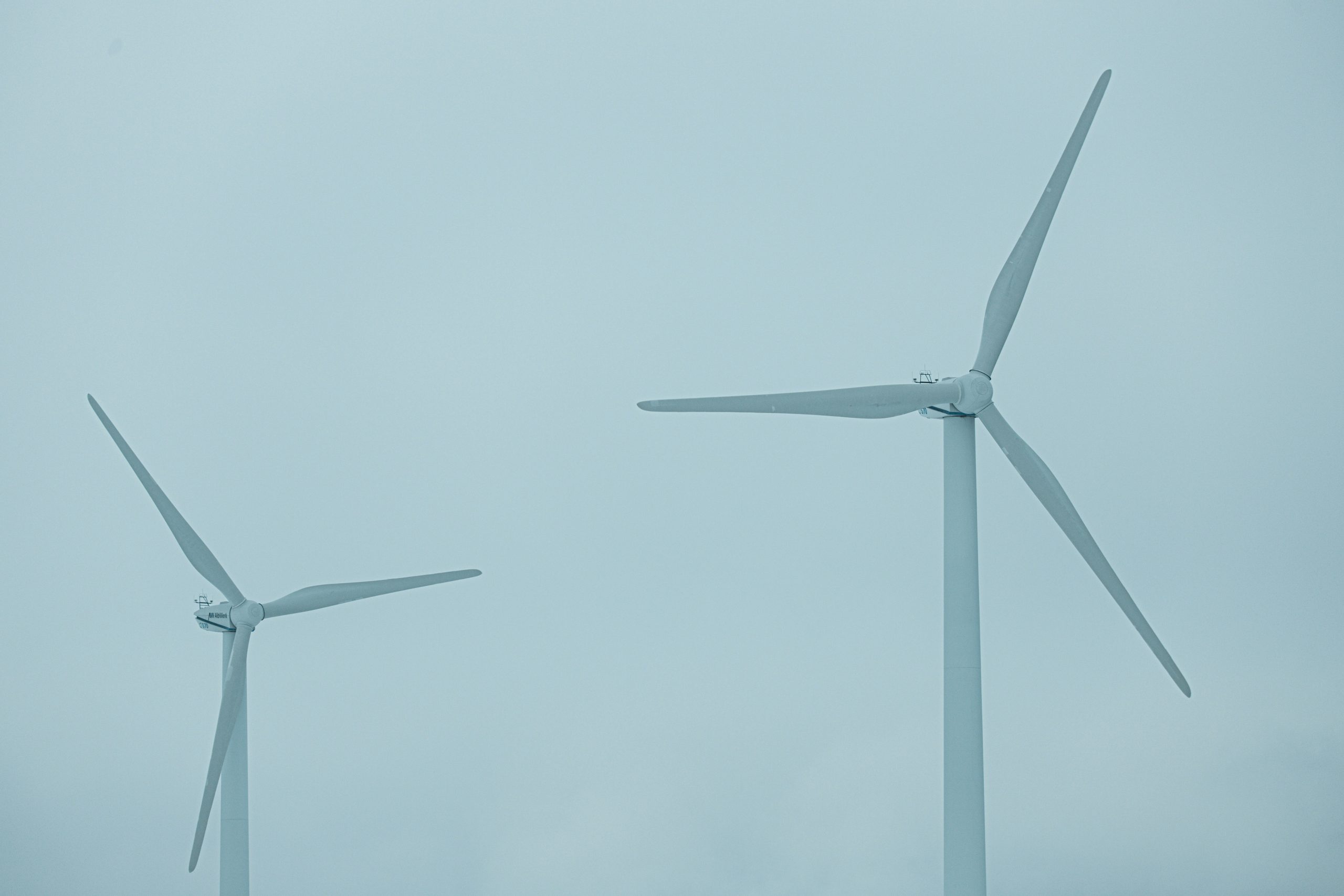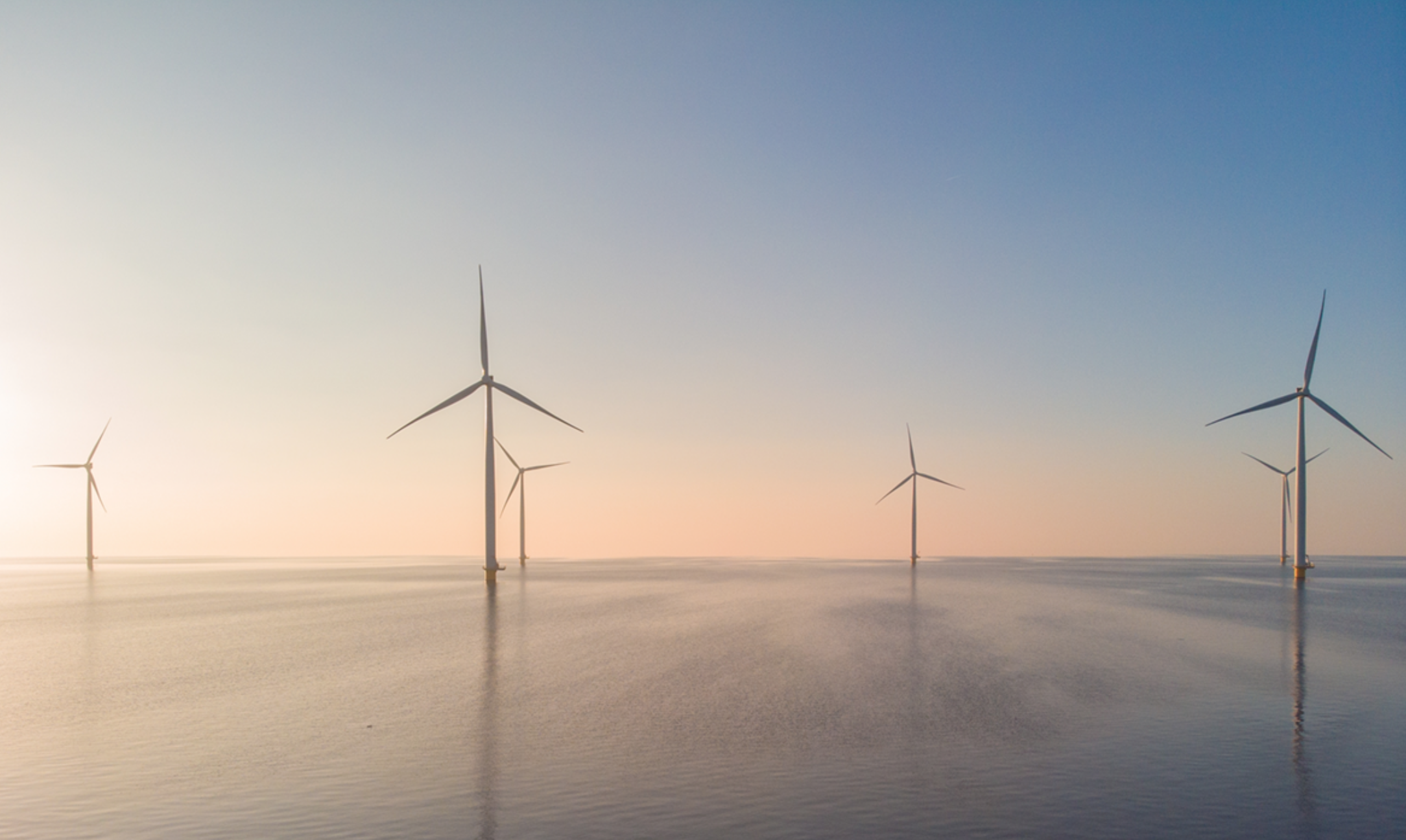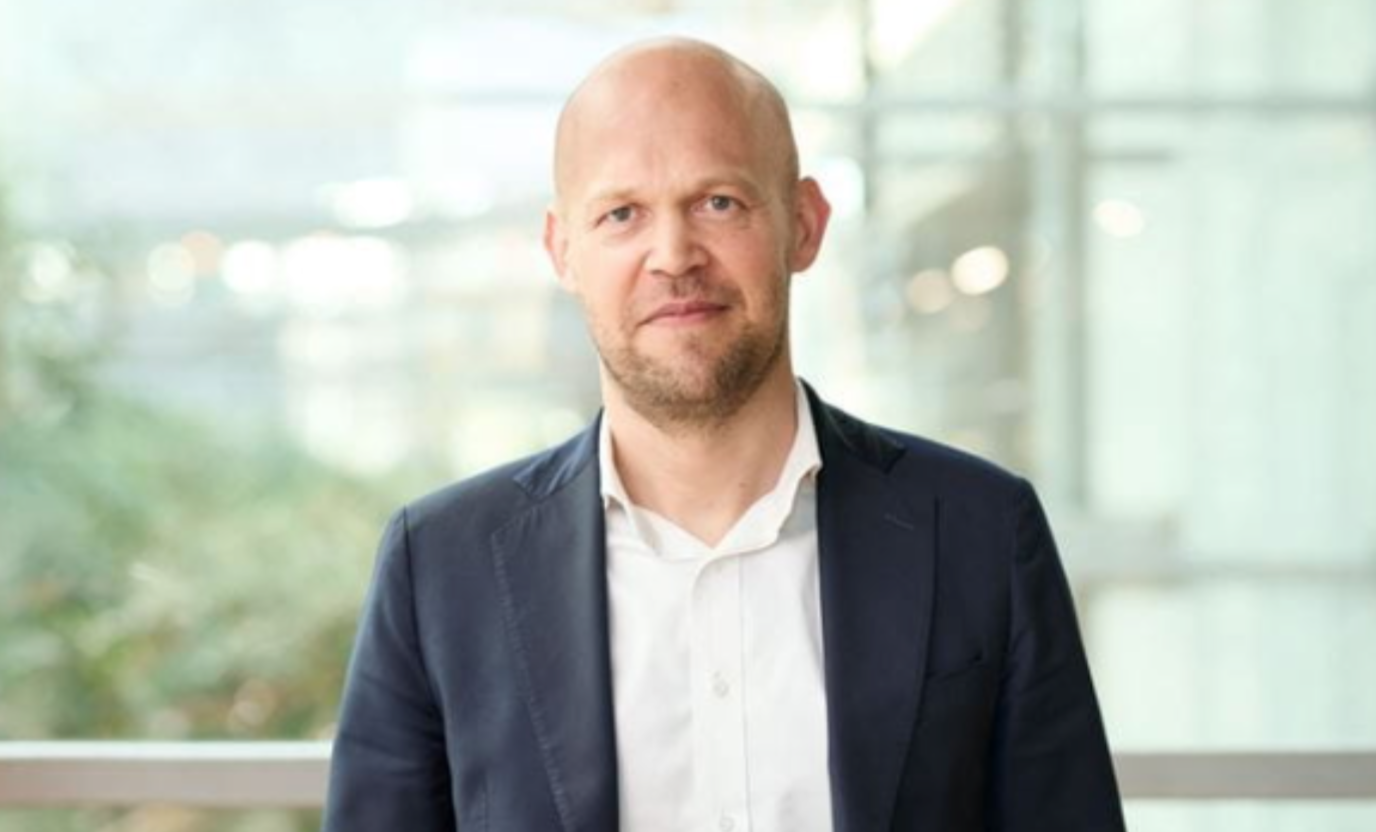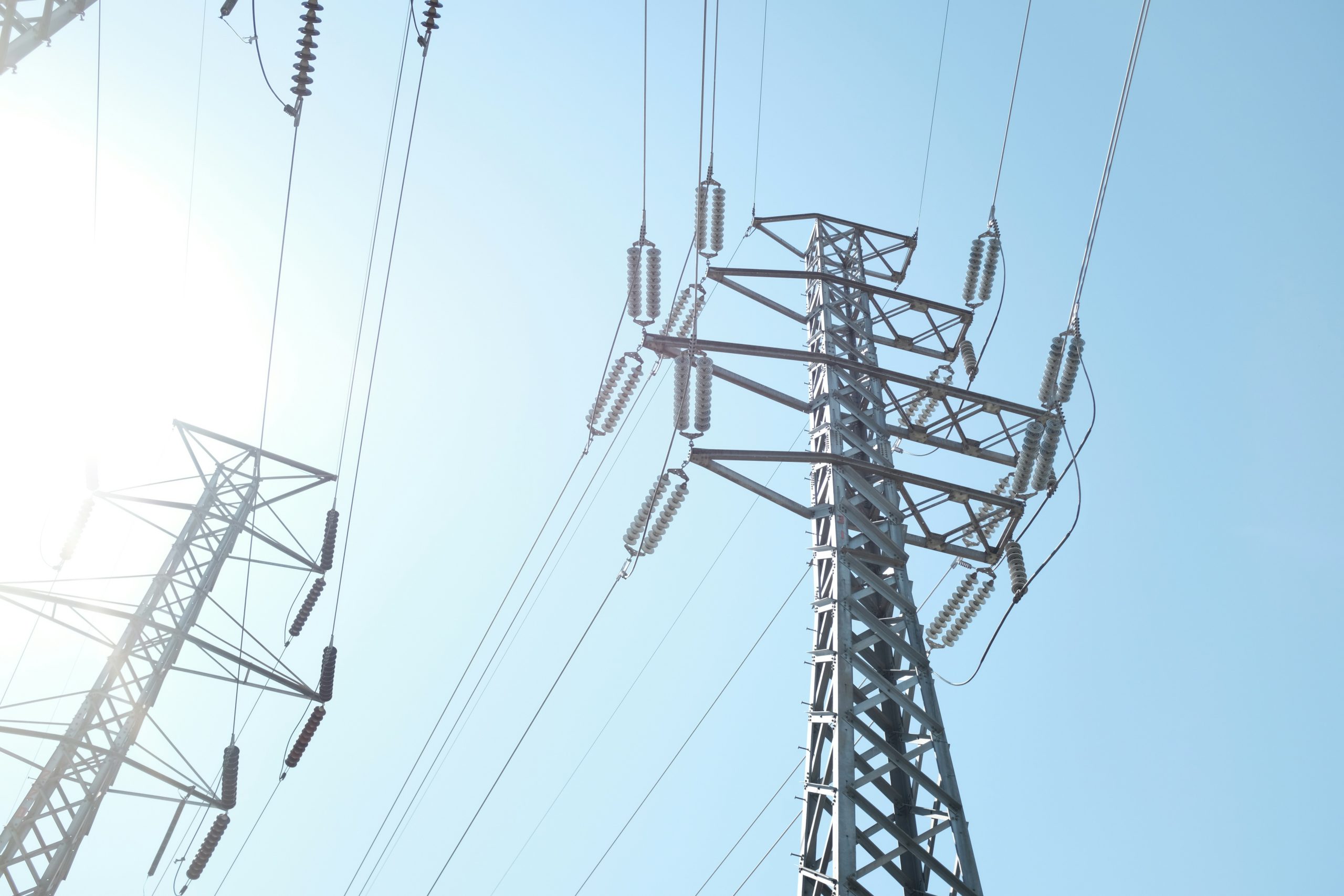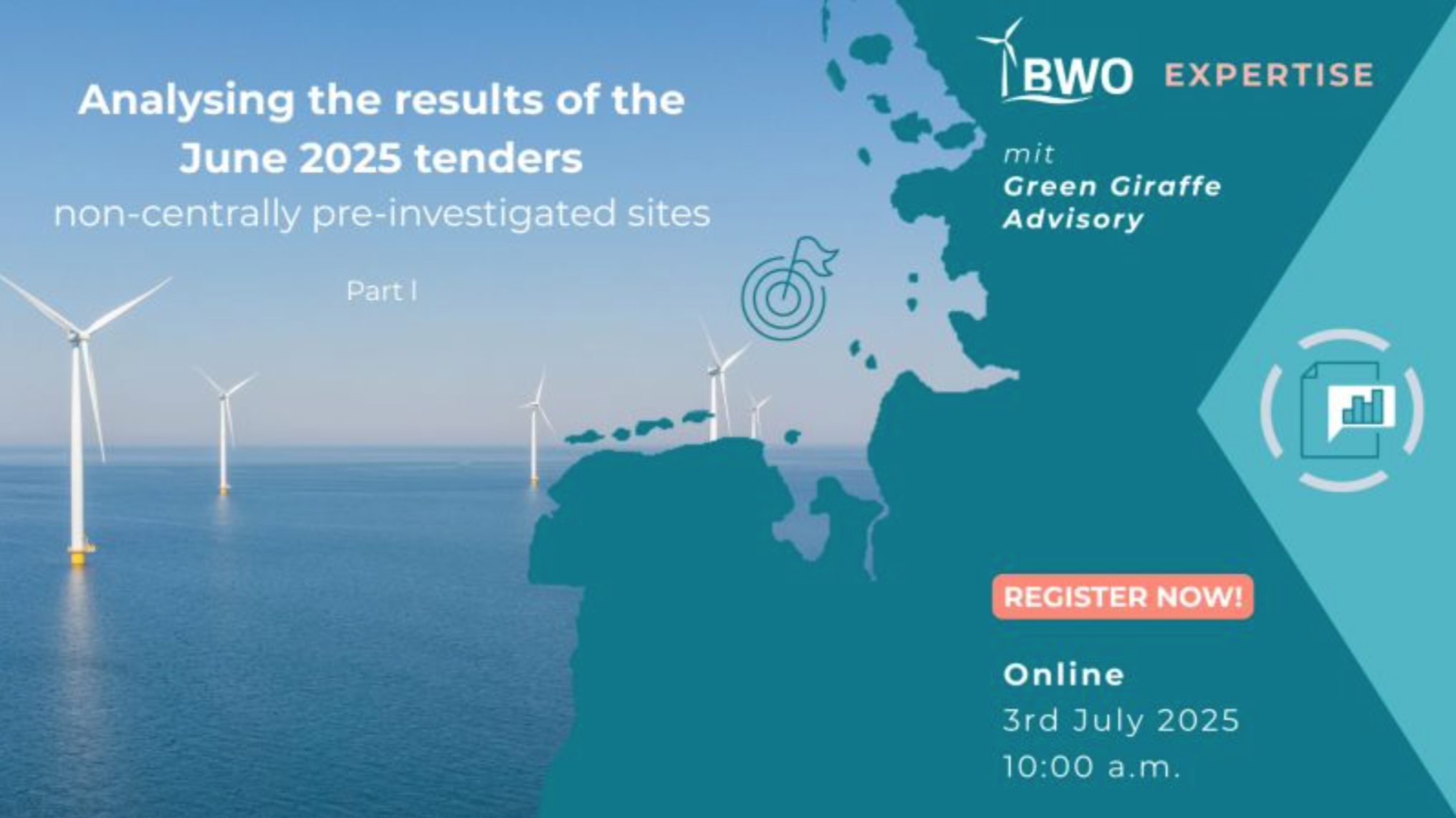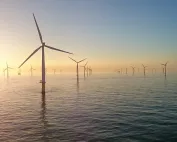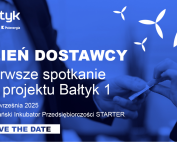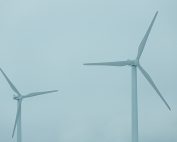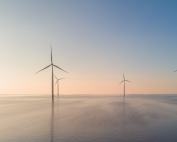A long-term condition for harnessing the potential of more than 90 GW of wind energy in the Baltic is to guarantee peace and security, including military security, in the region. Without this, it will not be possible to build further large-scale projects that realise the EU’s energy transition aspirations. These issues have never been as important for wind energy development in Europe as they are now.
Exactly one year ago, Russia decided to start an open war against Ukraine. An unprovoked attack started a bloody conflict, shattering the sense of stability and peace in Europe. A brutal picture of Russian soldiers’ inhumane and cruel behaviour emerged before the eyes of daily media observers. What we witness are planned actions targeted against civilians. We thought that our times hold no space for those who would want to carry out a plan of invasion against another country. Russia has shown that times of war in Europe have not been left in the past. That is why the international community of democratic states unequivocally opposes this aggression.
Since the beginning of the war, the BalticWind.EU team has declared its solidarity with fighting Ukraine. It is a matter of our beliefs and professed values such as democracy, tolerance and respect for others. At the same time, we do not accept the purest form of evil that Putin’s regime is implementing with the support of the majority of the Russian population. From the perspective of the Baltic Sea region, which we describe in our daily activities and which we represent, we see how the aggressive policy pursued by Russia is dangerous to the development of countries around the Baltic Sea, in particular Estonia, Latvia, Lithuania, Poland, Sweden or Finland, which has the longest border with Russia in Europe. Denmark and Germany are in a slightly better situation because of their geographical location. The countries of the region know how important solidarity is in the face of threats from the Kremlin. History is the best teacher here.
Finnish Prime Minister, Sanna Marin, bluntly points out in an interview with CBS News – “I think Russia poses a threat to all of Europe. They are attacking another country. They are killing civilians. They are demolishing infrastructure. Russia poses a threat to all of us, and that’s why we have to make sure that Ukraine will win.”
And Estonian Prime Minister, Kaja Kallas, is equally emphatic in a statement to Euronews -. “The message that we have to say loud and clear is that aggression cannot pay off (…)If you attack a sovereign country, then you are not leaving with more territories or more resources, but you are punished for this because we have agreed in the international rules-based order that it’s illegal to attack another country.”
The threat relates not only to border security but also directly to the implementation of energy investments in the Baltic. Let us not forget a large number of Russian troops, including the navy, present in the Kaliningrad region bordering Lithuania and Poland. When dealing with offshore wind energy development, it is worth emphasising that ensuring peace and security is becoming one of the key prerequisites for implementing ambitious plans in this sector. Long-term success of project development goes hand in hand with maintaining peace and democracy. Without this, it will not be possible to realise the ambitions of the EU’s REPowerEU plan to accelerate the development of renewable energy sources, including offshore wind, in order to make Europe independent from Russian fossil fuels. That is why we are convinced that Ukraine cannot lose this war and Russia cannot win it. Moreover, Russia has to lose this war, and Ukraine has to win it. This is a condition for peace in Europe.
To mark today’s anniversary, we are publishing a special edition of our podcast in which Krzysztof Bulski, co-founder of BalticWind.EU, talks to Galyna Shmidt from the board of the Ukrainian Wind Energy Association and vice-president of the World Wind Energy Association. I encourage you to listen to the entire conversation. Noteworthy are the important and poignant words it contains concerning, among other things, the situation in which the Ukrainian energy sector finds itself as a target of massive attacks, how the European Union’s response is perceived and what the key challenges are to end the war and rebuild Ukraine.
* It is important to note that Russian aggression against Ukraine started back in 2014 with the illegal annexation of Crimea. On 24 February 2022, Russia launched a full-scale open war against Ukraine.
